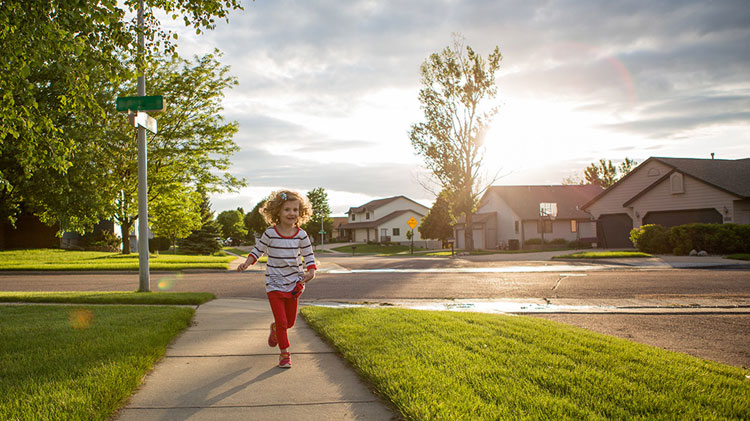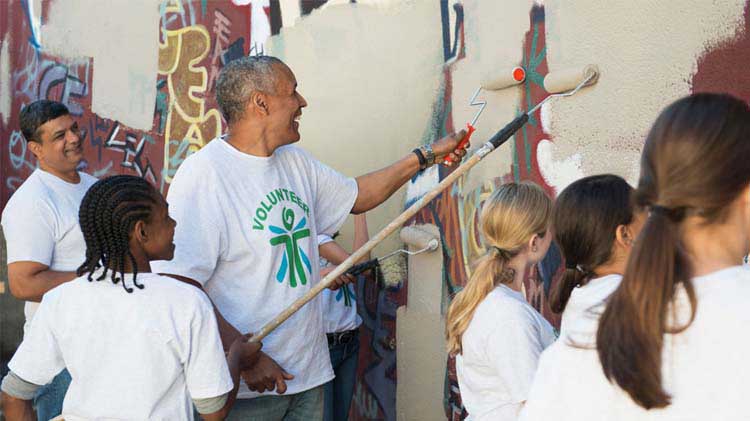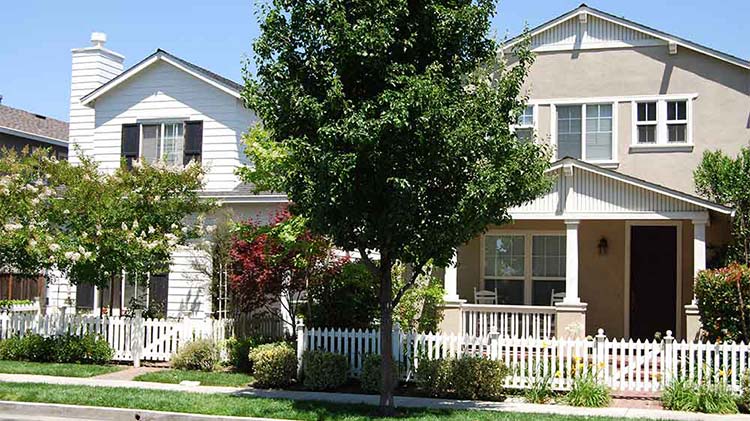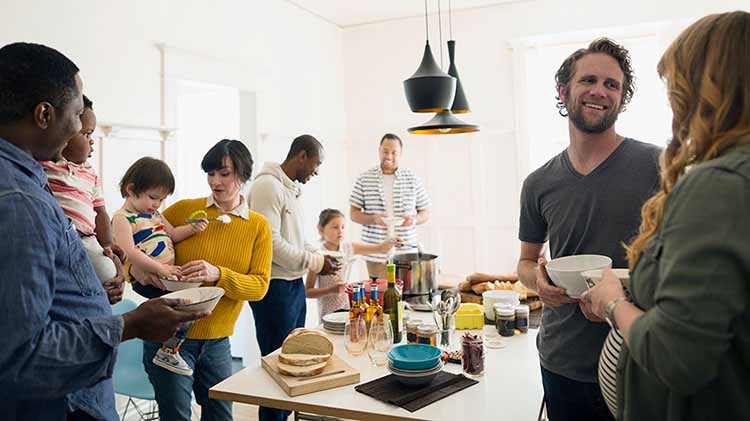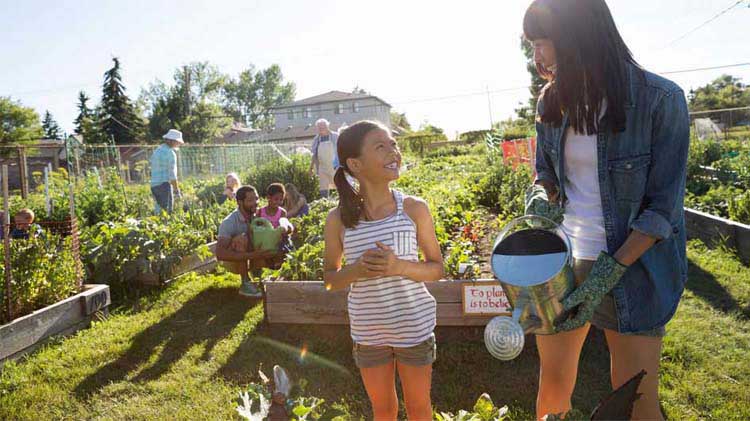The basics of neighborhood social media networks
Neighborhood news websites and neighborhood social media networks function like real-time, always-updated connections for neighbors. Keep yours useful and friendly with these considerations.
A man notices someone walking down his street at night, jiggling car door handles. The man calls the police and posts about it on his neighborhood social media network. By quickly alerting his neighbors, who then check their locks, the man may have thwarted a would-be criminal. The next day, an elderly woman asks on the same network who she should hire to fix a leaky pipe. Within minutes, three neighbors offer to do the work for free.
For every heroic or neighbors-helping-neighbors story like this, however, there are as many other stories that may have people wary of joining neighborhood networks or neighborhood social media sites. What should you consider when it comes to neighborhood social media networks and safety?
Types of neighborhood social media networks
There are two basic types of online neighborhood apps or social media networks. The first, such as Neighbors by Ring, acts like an online Neighborhood Watch website. Users can report criminal or suspicious activity to warn others in their neighborhood. It can also work together with local police to put steps in place to help deter crime.
The second combines safety and social media to foster more communication within local communities. The most popular is Nextdoor, which now covers over 300,000 neighborhoods across eleven countries and functions almost like a neighborhood news website. Users can interact and discuss anything, not just crime.
Facebook groups are another useful way to connect neighbors and share information throughout a community. Anyone can set one up, and membership can be open or closed. These, too, can be used for neighborhood alerts, as a neighborhood forum or simply to connect with neighbors.
Benefits to joining and using a neighborhood social network
- Get real-time crime notices from others living in your area so you can stay vigilant. In some communities, the local police and government agencies post updates.
- Apps with a social component can help you build friendships for yourself or your family.
- The social-sharing aspect is also a great way to learn about local events, get community announcements or find recommendations for things like babysitters and home repair companies.
- There's typically no charge to join or use these apps. Nextdoor requires that you verify your address to gain access, which helps keep outsiders away.
Things to keep in mind when using a neighborhood social media network
- Anyone is able to log what could turn out to be a false crime report. Receiving frequent alerts about "crime" nearby can induce fear and give the neighborhood a false reputation.
- In an open forum, useful posts may be outnumbered by complaints or gossip, sometimes with drama ensuing. Try to establish guidelines for any neighborhood social media network you join.
- Political posts can become divisive.
- In addition to acting as a virtual garage sale, these sites can contain a lot of sales announcements.
- Free apps make money from advertising. Read the privacy policies before opting in to determine what personal data, if any, can or will be shared.
